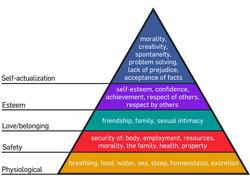 Fig.1: Diagram illustrating Maslow’s Hierarchy of Needs from Wikipedia
Fig.1: Diagram illustrating Maslow’s Hierarchy of Needs from Wikipedia
 Fig.1: Diagram illustrating Maslow’s Hierarchy of Needs from Wikipedia Fig.1: Diagram illustrating Maslow’s Hierarchy of Needs from Wikipedia So it turns out that though cultures may tell a different version of creation- whether as a religion or a science or both- what is clear is that humans need a sense of belonging and purpose. We need to know where we came from. We need to feel like we have a place in the universe. After all, we still use isolation as a form of torture. The stories also pointed out that we are still concerned about the same issues: war, violence, relationship with the earth, relationships with each other, sacrifice, food, hope, good/evil, our purpose and the future. Abraham Maslow made an easy chart for the 5 basic things we need to be psychologically well. What is interesting is that our creation stories often answer all these questions for us. Class time: finish presentations, discuss what you found interesting about the various ideas and write an introduction for a "Creation Story Paper." You won't write the whole thing- you did most of that already. ;) Finally, read/annotate Bullfinch's chapter on the 4 reasons we tell these stories and where they come from. Homework: If it is soooo important to know your place in the world- you need to cherish your own individual stories. Interview a family member and capture a story important to you, your family, or friends. Due on turnitin.com on Thursday/Friday. No length. Just find your story. :)
0 Comments
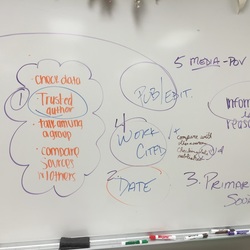 Sometimes people get confused when looking for sources. Someone might have some easy rules, but they might not realize when or how to use them- or when to break them. We came up with 5 things to look for as a class. 1) Trusted author: What experience does this person have that lends them credibility and what background do they have that could affect their point of view. 2) Date: is it recent enough to be credible. How much has science changed what is known about your topic? If cell phones and technology change every 2 years- maybe we should be careful with things that are older than 10. Even history is changing because of new research in genetics. 3) Primary Source: The date thing could be thrown out of the window if it is a primary source- or rather current dates may be less respected if you are researching something older. A paper on the Constitution- should have a quote from the Constitution- not just modern authors writing about the constitution. 4) Cited Sources: If the author isn't an eye witness- are they using good sources. Do they cite direct quotes and have a work cited? 5) Media: Every type of media is going to have it's own point of view. Blogs are different than documentaries, history books are different than songs. Be aware of the pros and cons of each and decide what is best for your paper. Remember a bad source makes for a bad paper and a bad reputation- no matter how skilled the author. Creation stories from around the world Most societies have a story about how the world was created, how people got here, how the earth was formed. Whether that is considered science, religion or both, it may show us something about our heritage, politics, psychology, or thoughts today. While the whole class will look at Greek Mythology, this is a chance to explore the beginnings of the universe and look into a culture that is part of who you are or one that you are curious about. Remember we are looking for the story- a primary text if possible. Mayor found the bones of dinosaurs/griffins because she read the story- not because she looked up more names and dates. You are not doing a research paper on a religion/science. You are sharing a story from around the world. Classwork: Work on the Choosing Sources packet. Time with partner to work on presentation. Homework: Finish presentation to share Thursday/Friday. Grading on the presentation: Do you have more than once source (about 3+) and are they cited? Do you try to avoid language like: uncivilized, savage, primitive, weird, gross, etc. Be scientific. :)
We may not agree with each other's point of views, but in a global community it is important that we try to understand different points of view. Archeologists as late as 1997 said that the Greeks weren't smart enough to understand that fossils were from earlier periods-- no matter how many stories they wrote or pictures they drew. Our inability to take such a rich society seriously- cost us centuries of scientific strides forward. How can we look at the stories other cultures tell, our own culture tells, with a scientific mind and learn from each other. Classwork: Turn in (show) personal map/brainstorm of our own cultural influences. Watch video-discuss and work on study guide. Sign up with a partner for a culture/religion/science. Homework: research a creation story from around the world with a partner to present on Thursday/Friday. Attempt to be rational and scientific. Cite. Extra credit for correct MLA. Time to work in class on Monday/Tuesday- come prepared. Take this time to research your ancestors and the stories they told. :) We will finish the video/study guide and discussion on "which cultures gave us the first..." on Monday/Tuesday.
|
Categories
All
Archives
December 2019
|
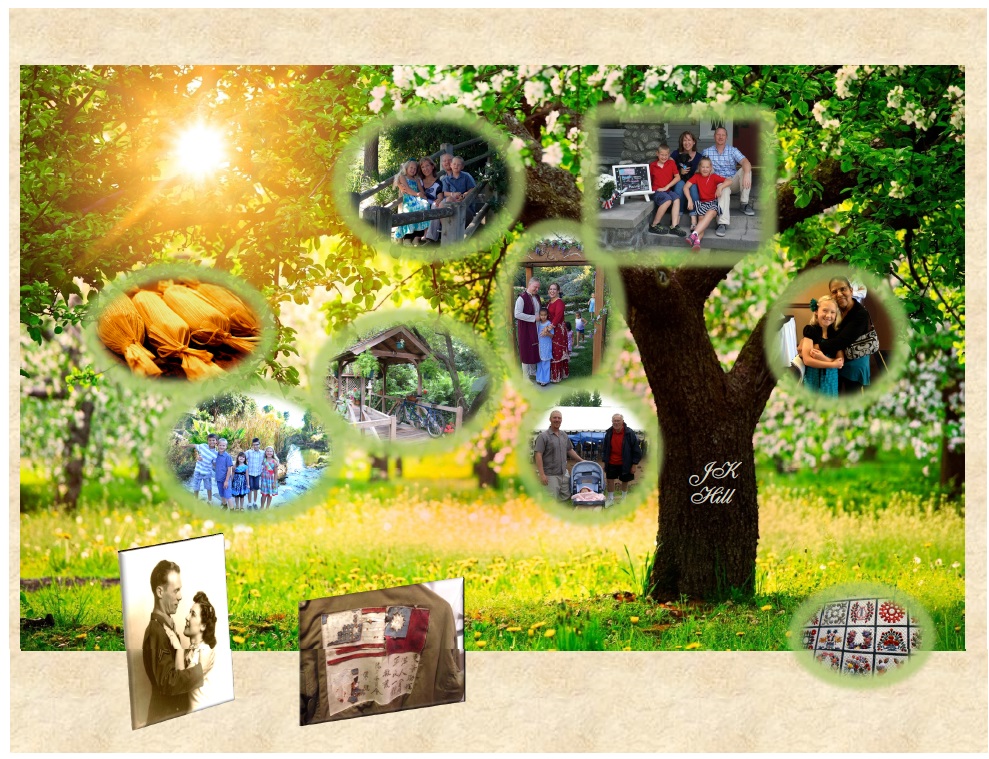
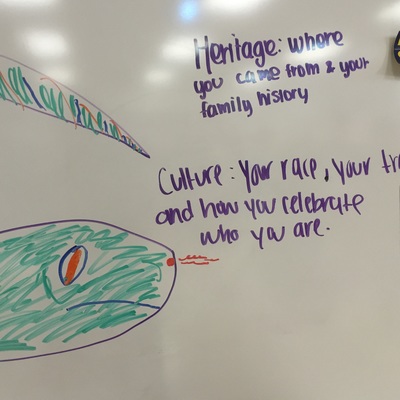
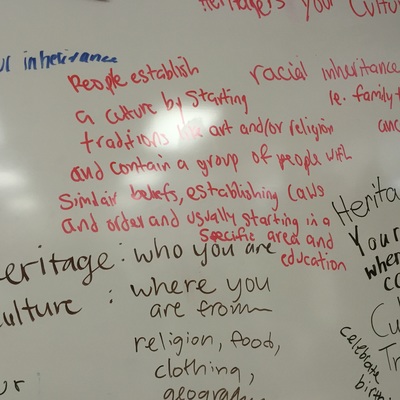
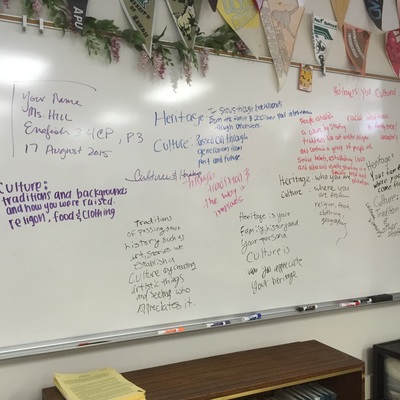
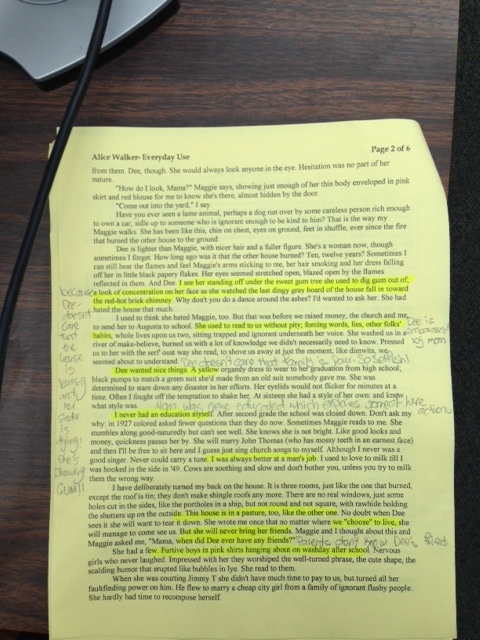
 RSS Feed
RSS Feed